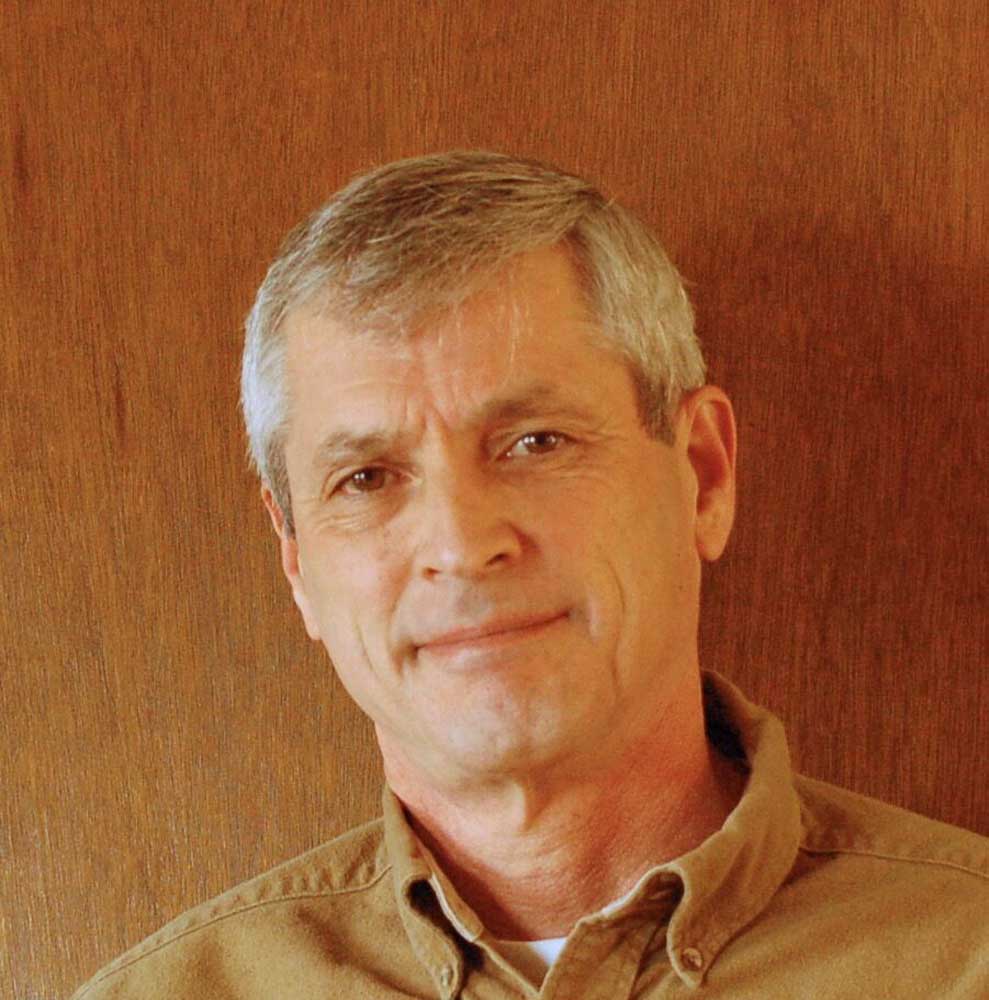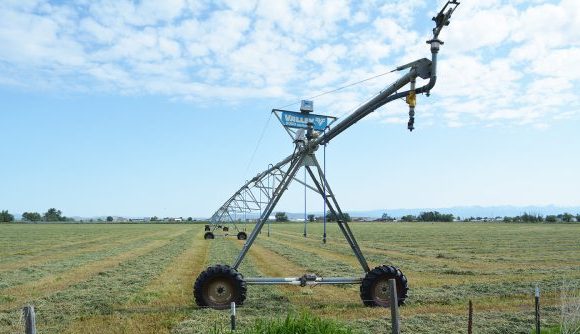Understanding our changing climate: Youth voices sound off on climate change
Published 7:00 am Wednesday, September 28, 2022

- Blackwood
Frightening, anxiety, frustration and determination. These are words and beliefs currently streaming through younger generations regarding the uncertainty of a future with a world that continues to heat up.
A recent report from the Oregon Health Authority entitled “Climate Change and Youth Mental Health Study,” related the fears, anxieties and frustrations of a cross-section of Oregon youth from ages 14-24.
Two themes stood out: young people are well aware of the climate crisis and are anxious about what this means for their futures, and they are frustrated by the inaction of leaders and people in power. One respondent summed it up by saying, “They’ve already lived their futures, if that makes sense, but I still don’t know what mine is going to look like because of this existential threat. And so, it’s like yelling at the wall about this really scary thing, but not really hearing anything back.”
During a recent presentation sponsored by Eastern Oregon Climate Change Coalition, the results of a similar international survey of over 10,000 people between the ages of 16 and 25 were shared. More than 75% of respondents stated they were frightened by a future with the changing climate. 60% were worried about their future, and more than half believed humanity is doomed if climate change is not mitigated.
Youth shared that it wasn’t only climate disasters causing emotional and mental distress for youth, but also the inaction or the insufficient action of government leaders across the world, that was amplifying and creating a sense of hopelessness, powerlessness and anger from younger people.
Current and future generations will live in a world very different from the one others have enjoyed for decades. Current political divisiveness has increased the frustrations, particularly for our youth. In the U.S., the actions to address climate change are not well coordinated or clear, with states taking individual and uncoordinated actions and some taking no action at all. The Inflation Reduction Act, the most far-reaching and aggressive national climate legislation in history, provides strong incentives to significantly reduce greenhouse gases.
Even so, resistance to addressing climate change continues through misinformation, threats to funding and heavy lobbying — making it challenging to work together to find transformational solutions. Without a clear and coordinated approach, and political processes that reflect the will of the people, achieving meaningful progress on national climate goals will be nearly impossible to accomplish.
Facing this reality, youth and the education community have taken action. Across the state, hundreds to thousands of youth activists and students continue to organize events to demand immediate, substantive action from governments and elected leaders. Students have also taken on work and volunteered within their own schools and communities to develop sustainability programs and support local climate action plans. Last month, an article by Oregon Public Broadcasting outlined an effort by Oregon teachers and students to push for significantly expanding the climate change curriculum. Currently climate change is only lightly covered in some science, technology, engineering and math (STEM) classes.
Listening to our younger generations, supporting their leadership and acting in concert with their concerns is essential. We need to bridge the generation gap in ideas, experiences and solutions starting with developing stronger senses of community around common values. Most of us want a clean, safe and educated world. We want everyone to have an opportunity to prosper. We want sustainable and functioning natural and built environments. Adults with the powerful tool to vote should challenge leaders who impede actions and support candidates who listen to young constituents and coordinate with them towards productive solutions.
The science is clear and overwhelming that climate change is real, and humans play a large role in where we are today and where we are going. It is time to move on to actions. All ages are impacted, and all ages share many common values. Unless we can start finding ways to build better relationships, create trust and work inter-generationally together, we cannot hope to make meaningful progress in reducing the adverse impacts of a changing climate that will impact all our values.
Given that the realities of climate change will have much more significant impacts on younger generations, it is important to support the leadership of young people who will be the ones dealing with the consequences in the long term. Individual actions are important but only through systemic change, business and government leadership and collaboration of the generations can we make positive changes for society, future generations and the world we live in and value.
The OCCRI report is an important tool to help us and our communities prepare and adapt to a changing climate. Similar reports are completed for Grant, Baker, and Wallowa counties. The report is available by contacting Oregon Climate Change Research Institute, College of Earth, Ocean, and Atmospheric Sciences, 104 CEOAS Admin Building, Oregon State University, Corvallis, OR 97331.
The report is also available to download from this website:
https://blogs.oregonstate.edu/occri/oregon-climate-assessments/.









